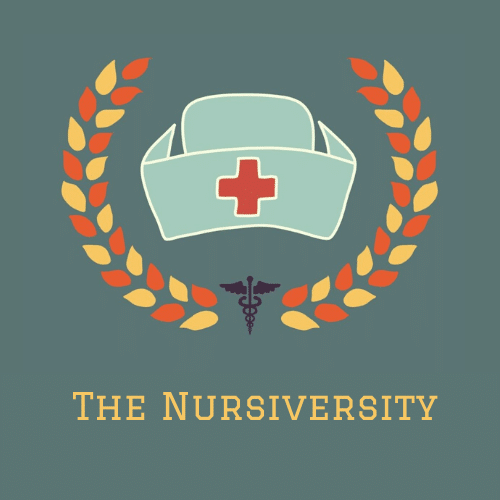An Overview: Changes in Pregnancy- Maternal Nursing
There are many changes that occur throughout the duration of pregnancy. There are not many body systems that are left untouched during the prenatal period.
We will review each system that is affected and offer a brief explanation of how it changes during pregnancy.
Once you are done reviewing the information in this post, be sure to download this PDF cheat sheet that contains all the important highlights.
Also, be sure to check out these other Maternal (OB) Nursing study guides (downloadable PDF cheat sheets also available):
- Stages of Labor
- Pain Management During Labor
- Fetal Monitoring During Labor
- Pregnancy Complications
- Nursing Care of the Postpartum Mother
Reproductive System:
- Uterus:
- Grows up to 2.6 pounds
- Houses the baby and placenta
- Cervix:
- Chadwick’s sign-bluish purple color
- Goodell’s sign- cervical softening
- Vagina & vulva:
- Increased vaginal discharge
- pH= acidic
- Increased vascularity= increased sexual interest
- Ovaries:
- Ovulation stops
- Secretes progesterone until placenta is developed
- Breasts:
- Increased size
- “stretch marks” (striae gravidarum) may develop
- Nipples and areolae become darker
- Colostrum production begins around 12-16 weeks gestation
Cardiovascular System:
- Heart:
- Mild enlargement
- Altered heart sounds
- Systolic murmur
- Splitting of first and third sound
- Increased cardiac output
- Increased heart rate
- Increased stroke volume
- Decreased systemic vascular resistance
- Supine hypotension
- Blood volume:
- Increased blood volume
- Increased plasma volume
- Physiologic anemia
- Blood components
- Increased leukocytes
- Increased iron absorption and iron-binding
- Hypercoagulable state
Respiratory System:
- Increased oxygen consumption
- Slight hyperventilation- deeper breaths
- Congestion- nasal and sinus stuffiness
Gastrointestinal System:
- Mouth
- Gingivitis
- Bleeding
- Ptyalism- excessive salivation
- Esophagus
- Decreased lower esophageal sphincter tone
- Heartburn can occur
- Intestines
- Decreased large intestine motility
- Constipation
- Hemorrhoids
- Gallbladder
- Increased risk of developing gallstones
Urinary System:
- Bladder
- Frequent urination
- Stress or urge incontinence
- Nocturia
- Kidneys & ureters
- Increased risk of UTIs
- Glycosuria
- Mild proteinuria
Integumentary System:
- Skin
- Increased perspiration
- Hyperpigmentation
- Melasma
- Chloasma
- Mask of pregnancy
- Linea nigra
- Palmar erythema
- Connective Tissue
- “stretch marks”- striae gravidarum
- Hair
- Increased hair growth
Musculoskeletal System:
- Pelvic instability
- Lordosis
- Backache
- Diastasis Recti
Endocrine System:
- Pituitary
- Oxytocin produced to stimulate milk-ejection reflex
- Thyroid
- Increased T4 in early pregnancy (important for fetal brain development)
- Pancreas
- Glucose and insulin fluctuations occur
- Decreased glucose- hypoglycemia may develop
- Decreased insulin sensitivity
- Gestational diabetes could occur
- Adrenal glands
- Increased cortisol levels
- Increased aldosterone
Changes in Metabolism
- Weight gain
- Normal pregnancy weight gain is 25-35 pounds
I hope this overview of the changes that occur in pregnancy helps you! I know that there is a lot of information to digest when learning about maternal nursing, so that is why I kept things pretty simple.
I did not want to include long-winded explanations for each body system as I normally would in my study guides, as I feel it can be an overwhelming amount of information. I feel like its better to keep things brief in this particular case.
If you care to go more in-depth, then I would recommend you consult the textbook that your nursing school required for you to purchase. Your textbook will offer in-depth explanations and offer clarity in any areas in which you might be confused.
Be sure to check out the other study guides and cheat sheets I have available on my website. All the information is free to access. 🙂
As always, feel free to reach out to me if you have a question or just want to talk!
Happy Nursing!


